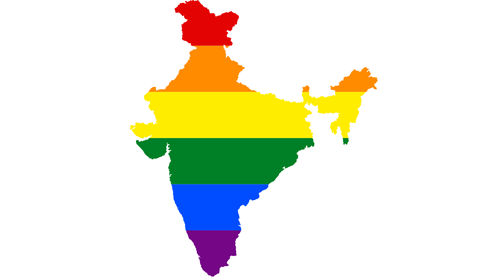
Late last night, like many LGBT South Asian Americans, I waited anxiously to see how India's Supreme Court would rule on a colonial-era law that criminalized homosexuality. The ruling came in just after midnight Eastern Standard Time, and it was : the Court reversed a 2009 lower court judgment and restored the ban on homosexuality.
The ruling came as a shock to me and many others. Twitter and my Facebook news feed blew up. In a year of historic LGBT rights' victories not only here in the United States, but also in countries in South Asia, including India, Pakistan, Bangladesh, and Nepal, it's easy to forget just how tenuous these hard-fought victories can be.
But if it's any consolation to LGBT activists in my Indian homeland, even as western media like say that "there is almost no chance that Parliament will act where the Supreme Court did not," if history is any judge, this is a fight that is a long, long way from being over and done with.
Here in the United States, for example, the Supreme Court ruled in 1986 in Bowers v. Hardwick that state bans on private, consensual intimacy by gay men and lesbians were constitutional. But the fight did not end there. Activists continued the long, hard slog of pushing state legislatures to repeal their sodomy laws, but it took seven years before these efforts first saw any success. And finally, in 2003, the Supreme Court reversed its decision in Bowers and ruled in Lawrence v. Texas that the Constitution protects the right of gay people to form intimate relationships and retain their dignity as free persons. With unimaginable speed, this landmark Lawrence decision paved the way for marriage victories in the courts and in state legislatures that the ภฯฐฤรลฟชฝฑฝแน๛ has celebrated and been a part of in recent years.
So no, of course Indian LGBT activists should not give up, and I know they won't. Even though this setback may seem insurmountable today, we stand in solidarity with them as they re-group and continue the fight for equality tomorrow.
Learn more about LGBT rights and other civil liberty issues: Sign up for breaking news alerts, , and .

